Sen. Elizabeth Warren is no fan of Federal Reserve Chair Jerome Powell.
She has called him “a dangerous man whose actions make our banking system less safe” for his approach to regulation. She argued there was a “culture of corruption” at the central bank after multiple top officials resigned for improper trading activity. And she has repeatedly criticized Powell for keeping interest rates high.
But now, one of the Fed’s fiercest critics is becoming a key defender of its political autonomy as President Donald Trump continues his public diatribes against the central bank chief.
“I disagree with Powell on both monetary and regulatory policy, but I have respect over how he’s managed the politics,” Warren told me this week — one of the nicest things I’ve heard her say about him in years. “He has made clear that he is interested in hearing from a broad range of people, but that ultimately he and the other members of the Fed will make their own decisions, and that is as it should be.”
Warren, who is the top Democrat on the committee that oversees financial agencies, is a powerful messenger on why the Fed should be insulated from short-term politics, partially because she has few other obvious motivations for coming to the central bank’s defense.
Warren and Powell have a frosty relationship and went years without speaking to each other privately at all. As I just mentioned, she’s had no problem blasting him or the institution he leads in the harshest of terms. And she’s made clear that she would like interest rates to be lower. It is one of the very few places where Warren’s preferences line up with Trump’s.
In fact, I asked her why she views Trump’s admonishment of Powell as different from what she’s done in the past — pushing the Fed to slash borrowing costs. Her response: she makes an argument, while Trump’s broadsides have a hint of ultimatum.
“I don’t have any authority to make the Fed do anything,” the Massachusetts lawmaker said. “All I can do is try to persuade, and that’s what I try to do. Donald Trump is not trying to make an argument of persuasion. He’s making a threat when he says that if he wants Jay Powell gone, then Jay Powell will be gone.”
The possibility that Trump could try to fire Powell hangs over his presidency. He toyed with the idea during his first term but backed off when it deepened market turmoil. Investors again reacted poorly when Trump seemed to revive the threat earlier this month in a post on Truth Social, saying Powell’s “termination cannot come fast enough!”
Treasury Secretary Scott Bessent told us at a press roundtable last week the president wasn't necessarily saying he would fire Powell, saying “‘terminus’ can also mean the end.” Trump that same week said he had “no intention” of trying to fire Powell before his term ends in May 2026. But at the very least the president was trying to apply pressure in the hopes of steering policy.
Warren wouldn’t mind lower rates. So, why is she coming to Powell’s defense?
First of all, Warren has warned of a market crash if Trump were to attempt to remove the Fed chief. She told me she was particularly concerned by behavior in the market for U.S. government debt in the wake of Trump’s trade pronouncements that suggested investors no longer view the U.S. as a safe haven (she has pushed for legislation to rein in Trump’s leeway to set tariffs).
“In a moment of chaos, the flight to safety did not land in the U.S. bond market,” she said. “It went to other nations. That is a sobering moment for our nation.”
But Warren has an additional reason to take on this fight.
The Fed doesn’t just wrangle interest rates. It also regulates banks, an area where the senator has long had an intense interest. And Warren argued that market stability and the health of the economy are tied to the political independence of financial regulators, including the Fed, just as they are to the technocratic underpinnings of monetary policy. She cited the independence of federal banking agencies going all the way back to the Civil War.
“The Congress back in 1863 understood that if politicians could shorten or lengthen the leash on the banking regulators through the appropriations process, then no one could rely on a group of decision makers who were only thinking about safety and security of the financial system,” she said.
“If Donald Trump tries to fire the head of the Fed, he’s trying to swoop banking regulation into the political stew, and monetary policy and regulatory decisions made under those circumstances will not sustain markets over the long haul,” she added.
This might sound like an abstract point, but it touches on avery live debate about whether the Supreme Court — as it considers the constitutionality of independent agencies — might be able to split the Fed baby (that is, subject the central bank’s financial rulemaking to presidential authority but not interest rate decisions). Legal experts don’t agree on the answer.
But as a practical matter, “there’s no such thing as, you’re half independent,” Warren argued.
In other words, on the senator’s ranking of dangerous things, Powell has dropped far down the list.
.png)



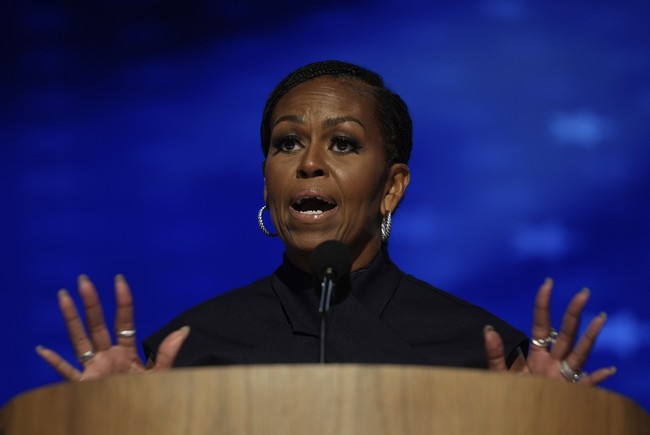
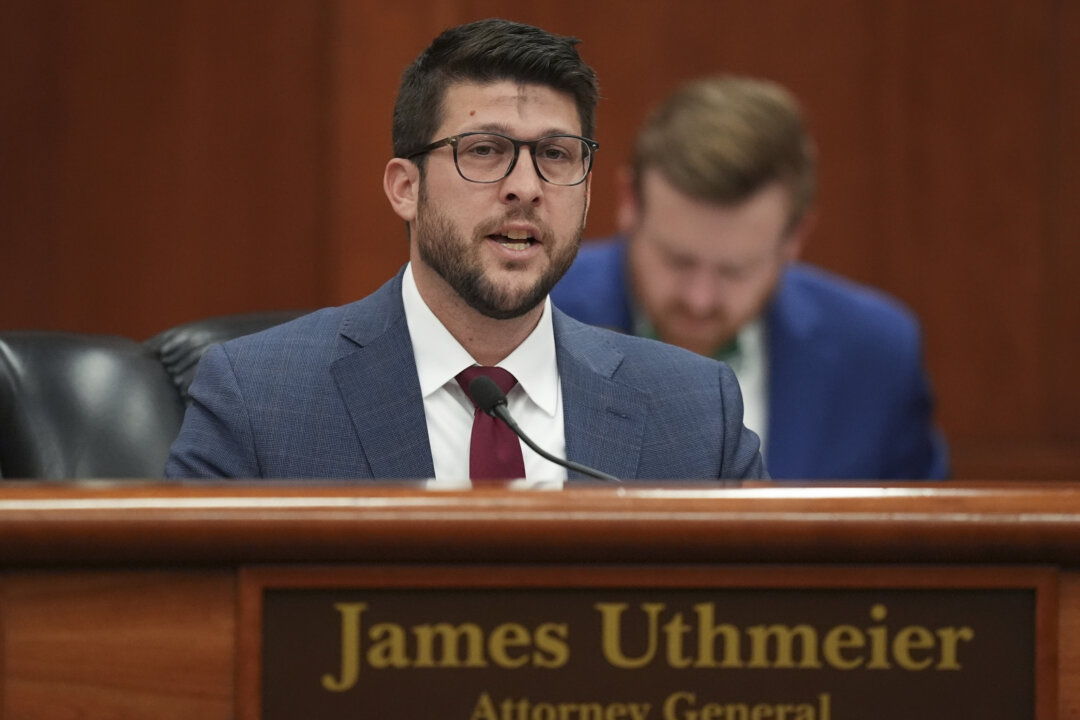




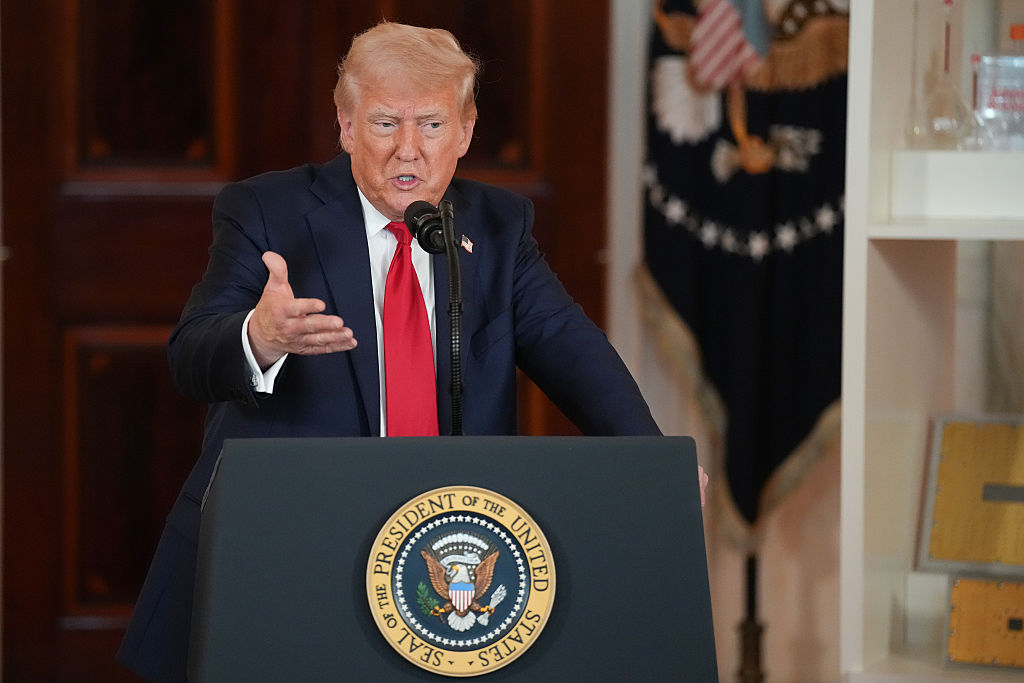

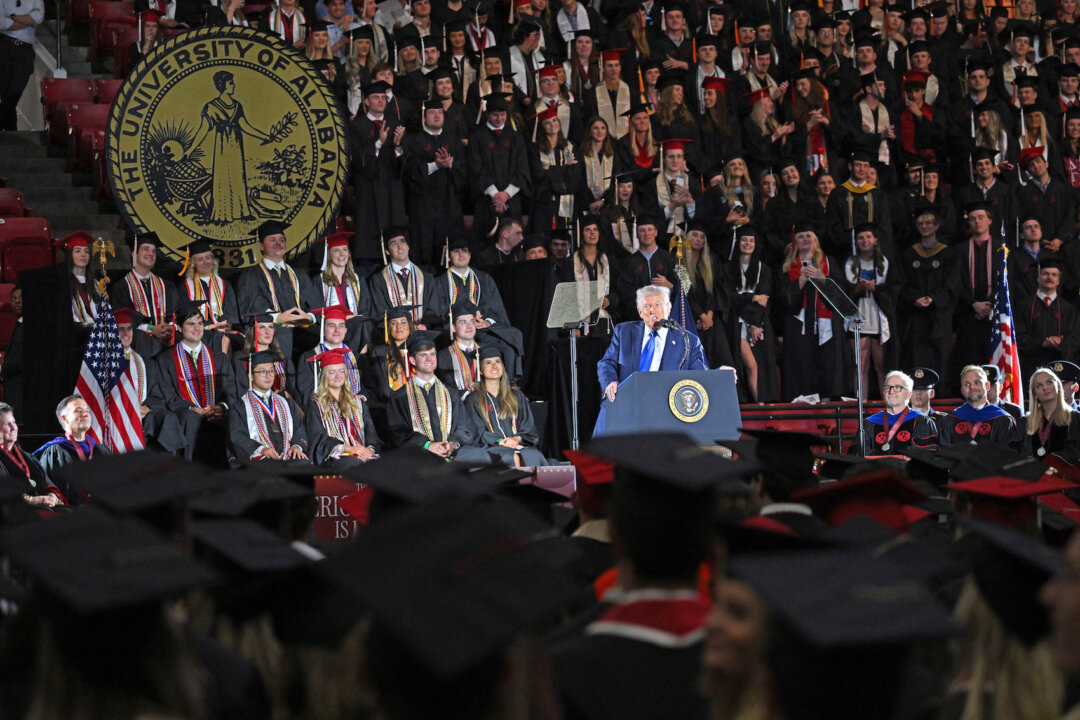
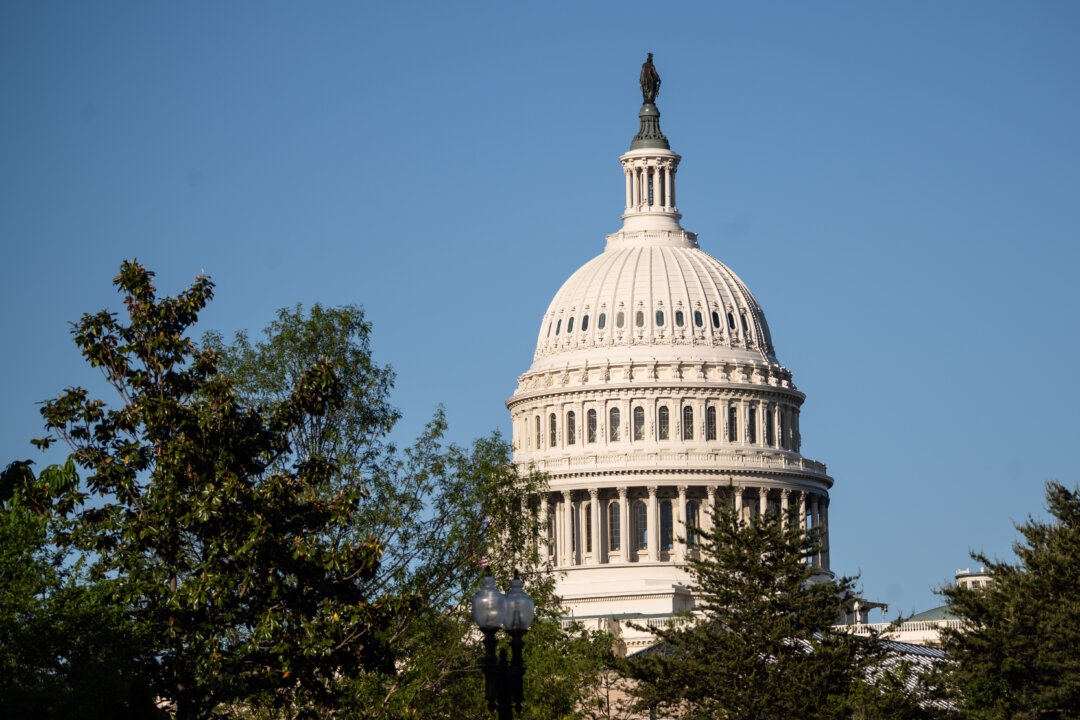
 English (US)
English (US)